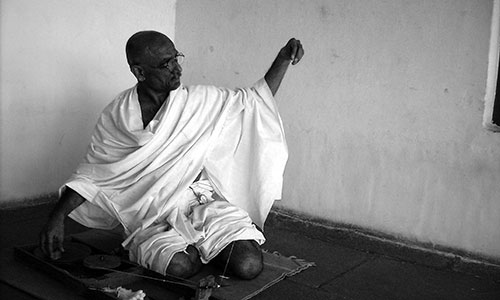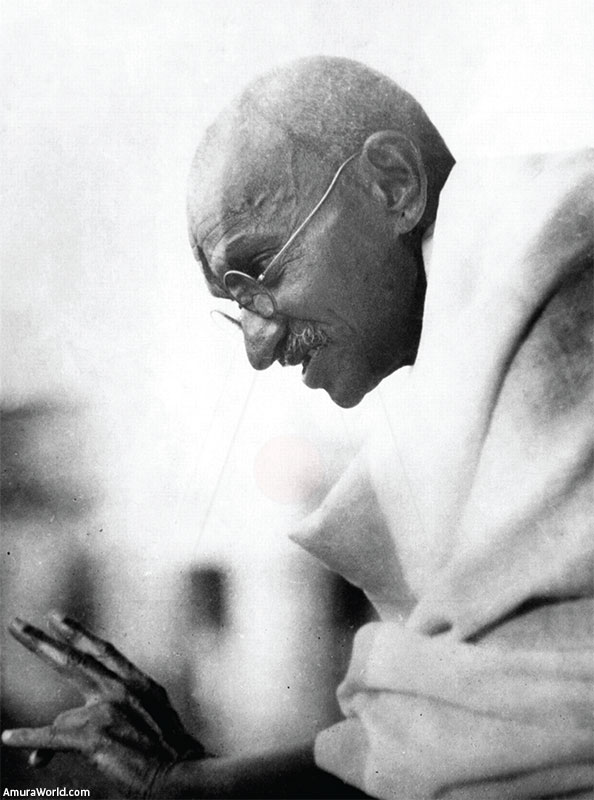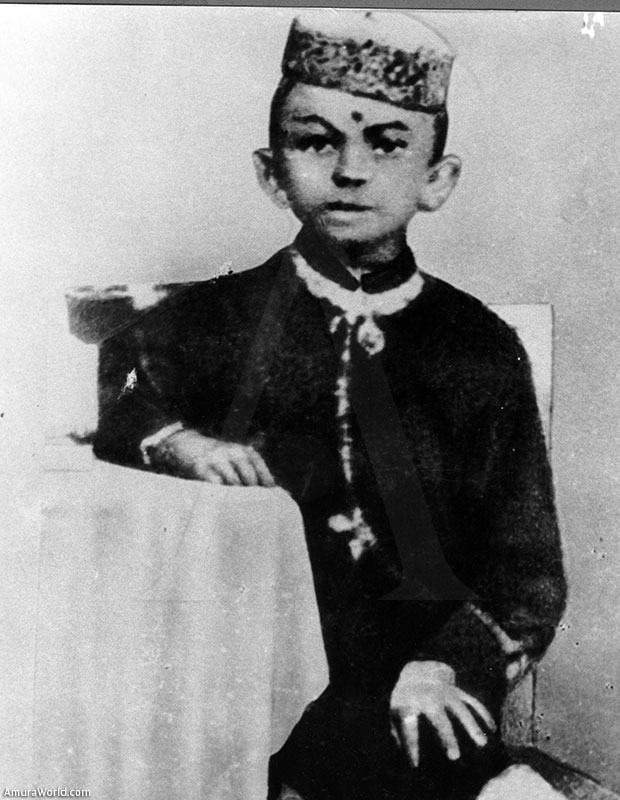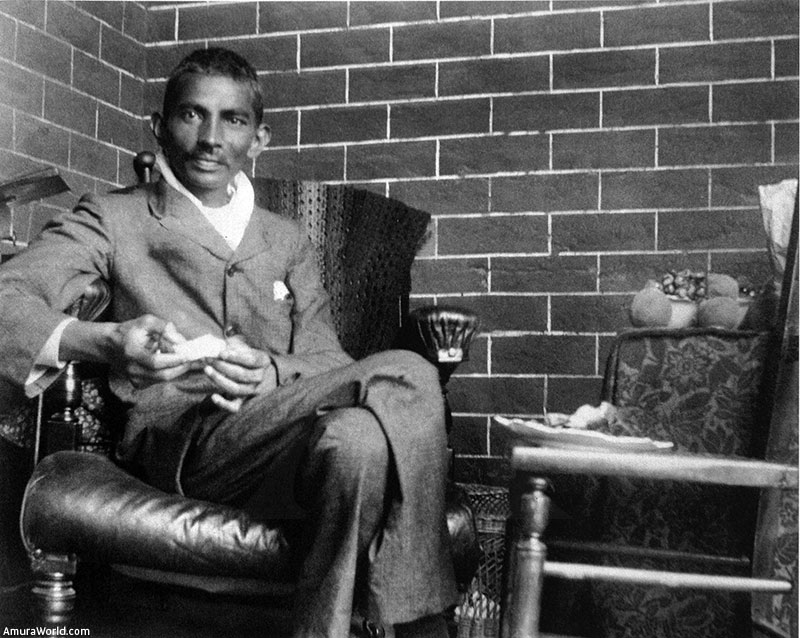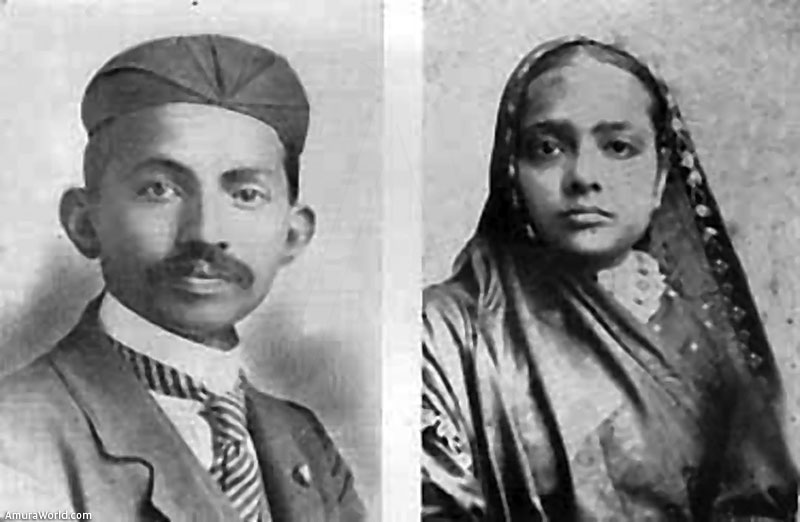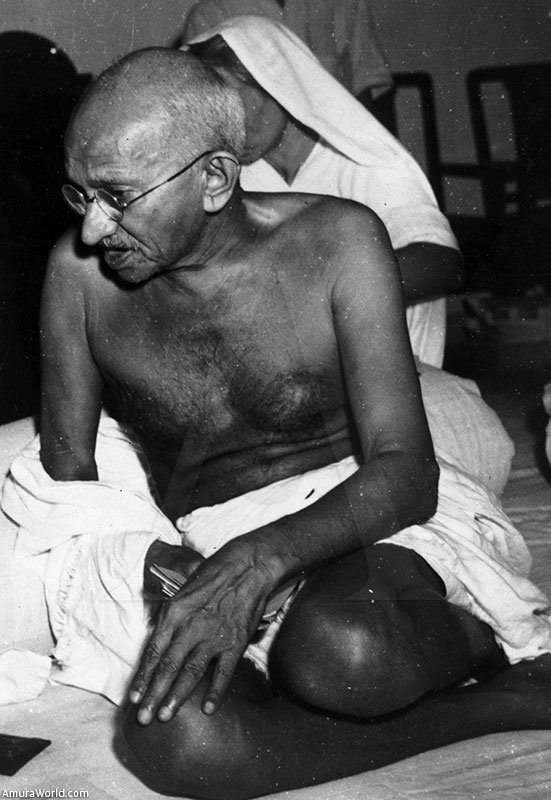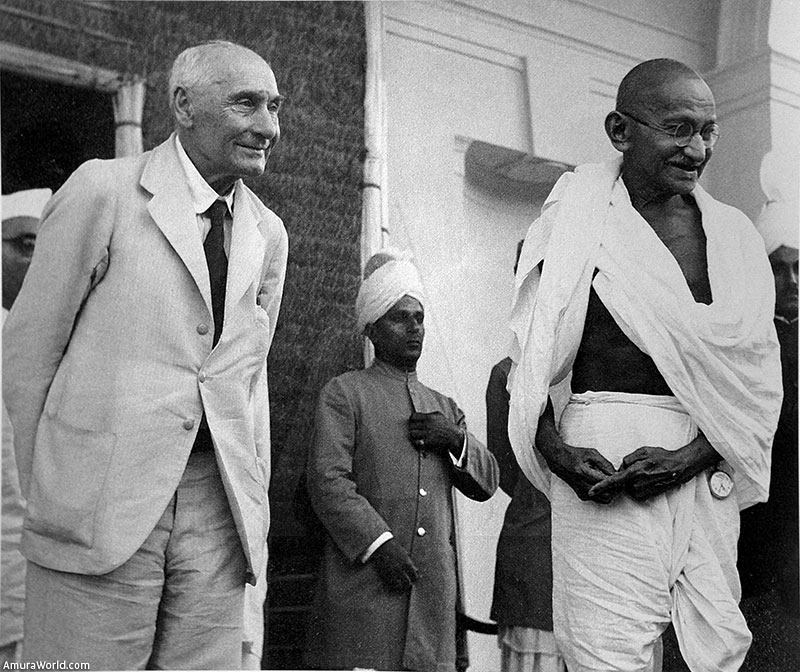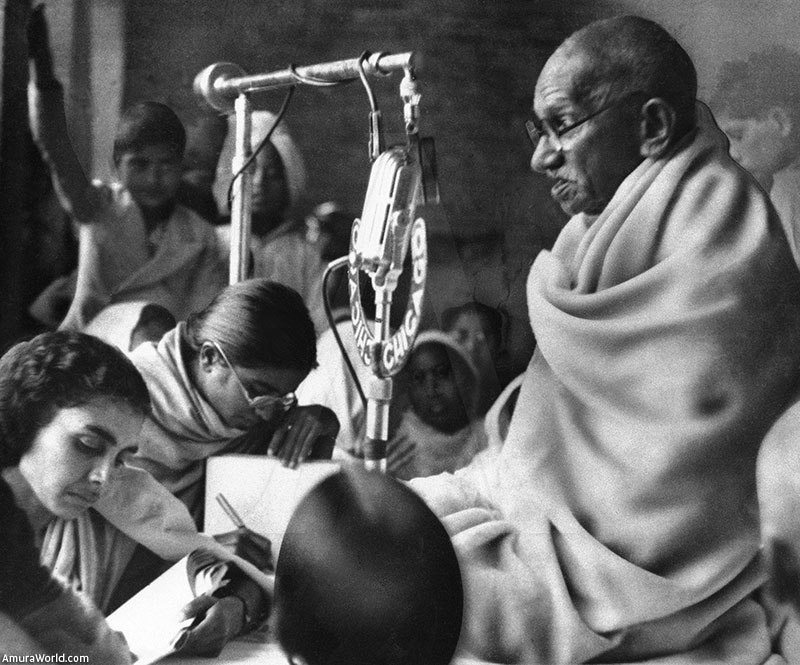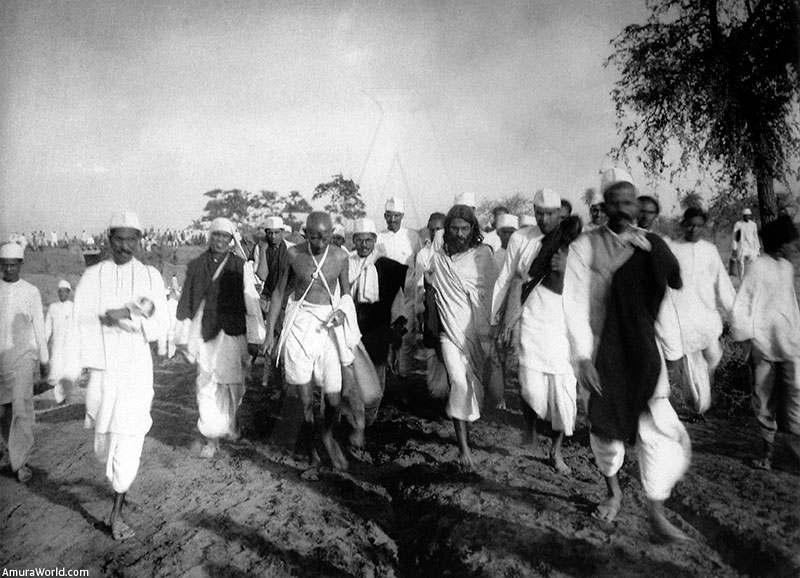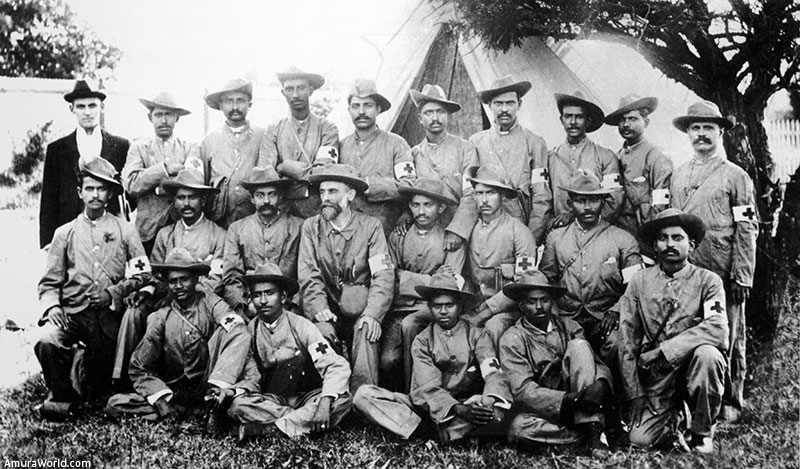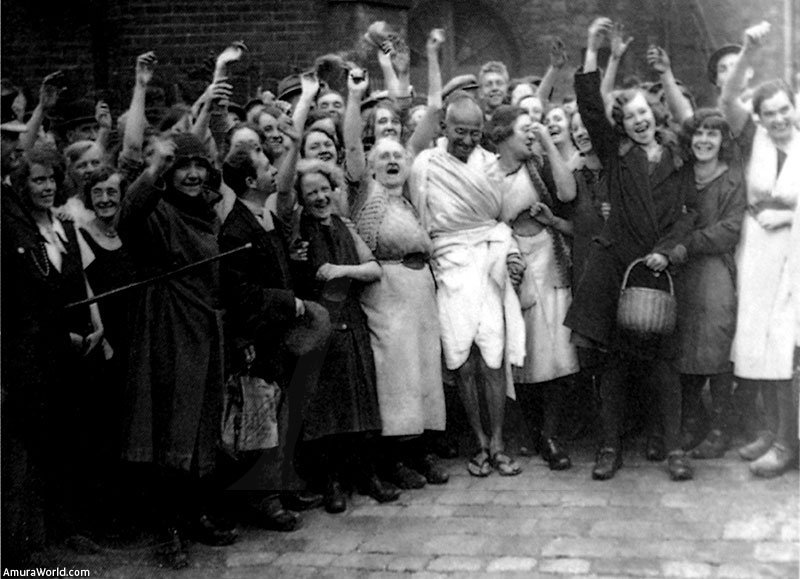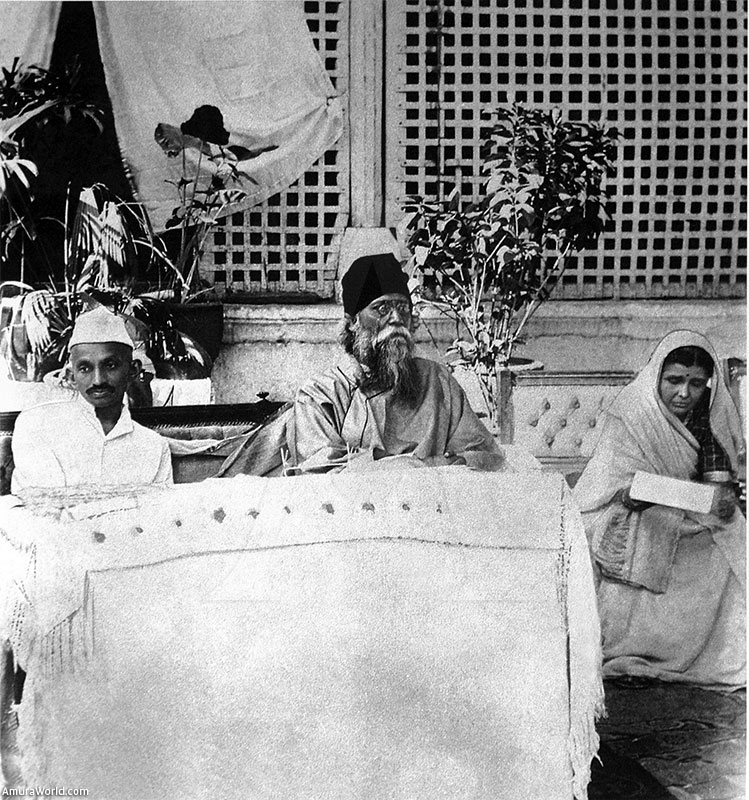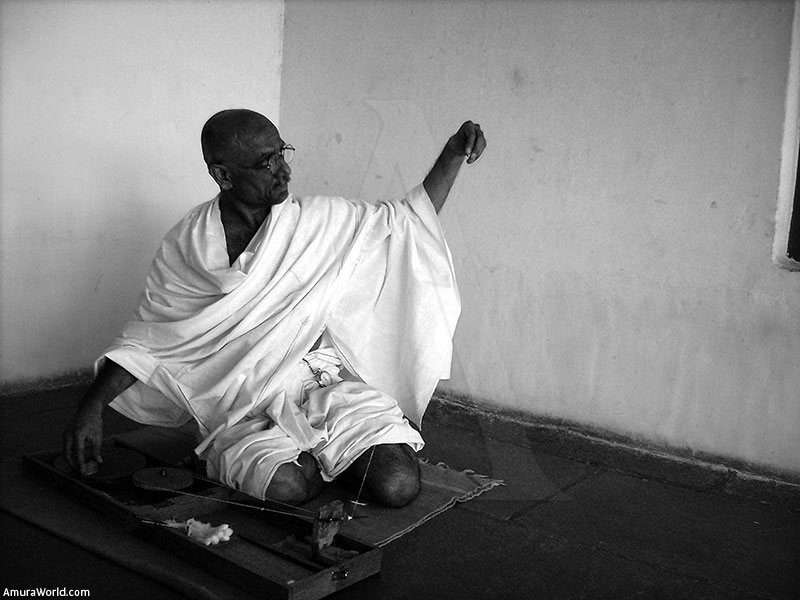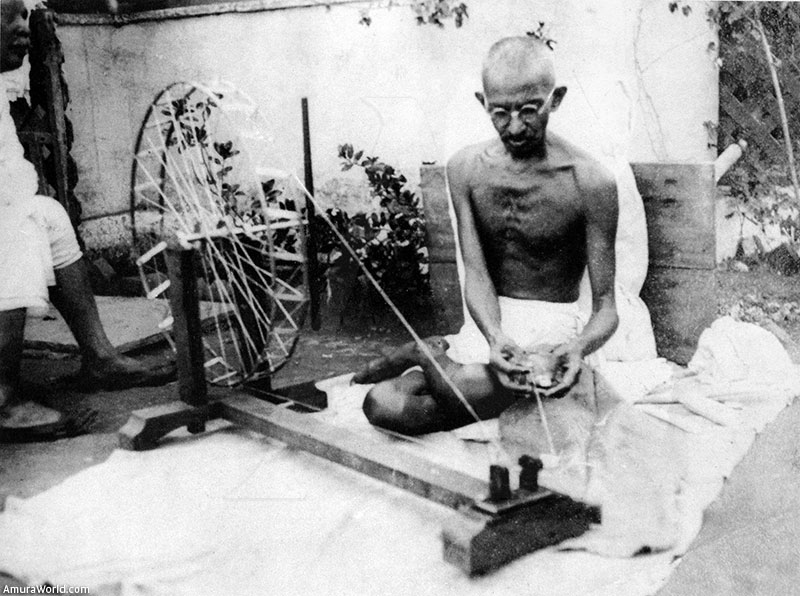“Let us be the change we wish to see in the world”
If there exists a personage in history who has left a deep mark for his antiwar thinking, that one is Mohandas Karamchad Gandhi (1869-1948). Spiritual leader, human rights defender, peace activist, he was an architect of India’s independence (1947) and, no doubt, one of the most influential thinkers in the contemporary universal history.
By following the principle of Satyagraha, that is, resistance without violence, Gandhi managed to show the needs of the Hindu people to the world. Also, he extended women’s rights; removed injustices provoked by the caste system in his country and accomplished the creation of religious and ethnic harmony. He was an inspiring character, feature from where his nickname comes: Mahatma, meaning in Sanskrit “great spirit” or “great soul.” He was also recognized as the overarching thread of the equality ideology as that other great personage, Nelson Mandela, remarked.
MEMORY
Gandhi was a native from the port town of Porbandar. When 13, he married Kasturba –a girl his same age–, in a wedding arranged by their parents. Years later, he would study law at the Law School of the University College London; that led him to stay in the United Kingdom until 1891, year in which he returned to India as a lawyer. However, once in Porbandar, he was shocked by his mother’s death, besides the news that the Gandhis, a privileged social class family, had lost all their clout in the prince’s court. He had no opportunity to practice his profession, either; so, in 1893, he took a case in a Muslim factory in Durban, South Africa, where he traveled and settled for a couple of months.
At his arrival at the African continent, the young attorney found a people controlled by the British, and that the latter despised the Indian community, spitefully calling them “sami”; such population was disdained and lacked every right.
Having ended his work commitment, Gandhi learned about the act to withdraw the right to vote from the Indians and took the decision to organize his countrymen’s resistance. Thus his stay was prolonged for over 20 years.
In 1915, he returned to India where he continued his work as a defender of his people’s rights, and started a new stage in the struggle for the Indian swaraj (self-rule.) He became the top representative of the nationalistic movement of India.He liked the title “Bapu”, “Father”, even if he, on his own, failed to bring about the independence of India, still he contributed to the process of the British Empire fall.
Through his passive resistance principle, made known during the Salt March or Salt Satyagraha (1930), he protested against the tax levied on such an essential input for the Indian people (Hindus and Muslims); its production was a monopoly ruled by the British Government. Gandhi was aware that the independence would come about only when the British dominance might hurt in the same manner all of the Indian society; no matter whether Hindu or Muslim, no matter what caste he or she belonged to. Thus, the unpopular tax on salt marked the beginning of the end for the British colonialism. Simultaneously, the Indian National Congress declared their upset for the British refusal to grant the dominion status to India.
Such an activism provoked his arrest in different times in South Africa, during the Boer War, the same as in India. For him, however, going to jail was something honorable, because he was aware he was fighting for a just cause.
Through fasting he intended to demonstrate his ideology was pacific; on January 13, 1948, in order to stop the blood baths happening in his nation, he started to fast and did it for 12 days, stopping as soon as the British massacre ceased. Nevertheless, 12 days later he was assassinated by a Hindu zealot.
One year earlier, his nonviolence movement had achieved Indian independence from Great Britain. The country then split in two nations: India and Pakistan. Unfortunately, as time passed by, there were also confrontations as the new countries they were.
Today, his thought continues to transcend through numerous leaders who believe, and messages such as “I am prepared to die, but there is no cause for which I am prepared to kill” continue to be as valid as they were in those times. His free and ascetic spirit combined with his spirit as a great preacher, made him an international symbol, Albert Einstein got to say: “Generations to come, it may well be, will scarce believe that such a man as this one ever in flesh and blood walked upon this Earth”, which demonstrated that the scientist valued his work over his religious beliefs that many might regard as different.
Text: Yolanda Bravo Saldaña ± Photo: WPS / Wikimedia Commons / SCMP / AMAZONAWS / EDENKEEPER / LIFEHACK / NING / WPS / NBC

